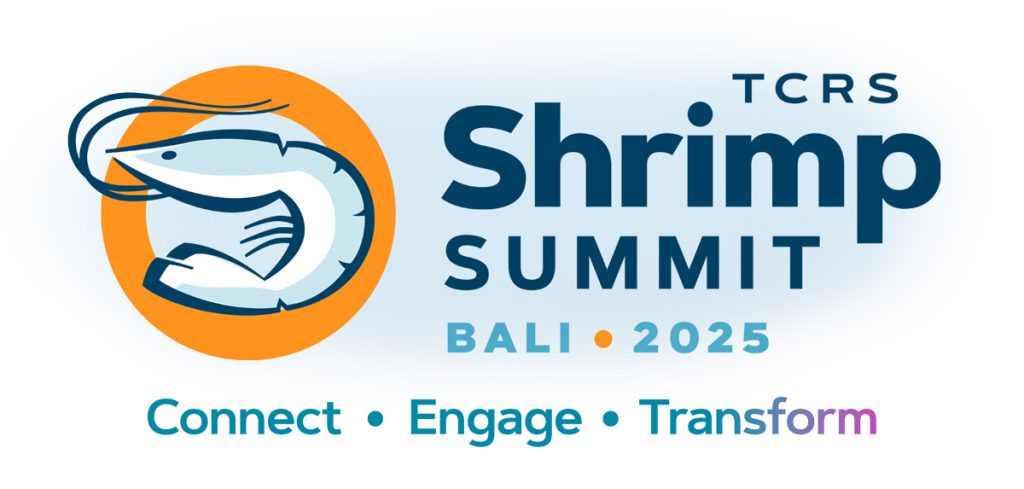
Feed is the largest expense in shrimp farming and also the greatest source of greenhouse gas emissions. This session used lifecycle assessment tools to quantify environmental impacts and evaluate the sustainability of traditional, alternative, and novel feed ingredients. The discussion offered valuable insights into how feed innovations can reduce costs and improve the overall sustainability of shrimp production.

Professor of Aquatic Resources and Development, Environment Research Group. Specialist in aquatic resource development and capacity building. Record of accomplishment in research and outreach with commercial and development partners in aquatic food security focus. Over thirty-five years of experience in interdisciplinary research and education, sizeable proportion based in the region generating around £10 million income. Published over 150 academic papers and reviews; (h index 48; ~8000 citations). Supervised over 100 postgraduate student research projects, of which more than 20 have been PhD. Key role as coordinator and partner of interdisciplinary and intercultural research for development. Active EU project coordinator of research and support actions.
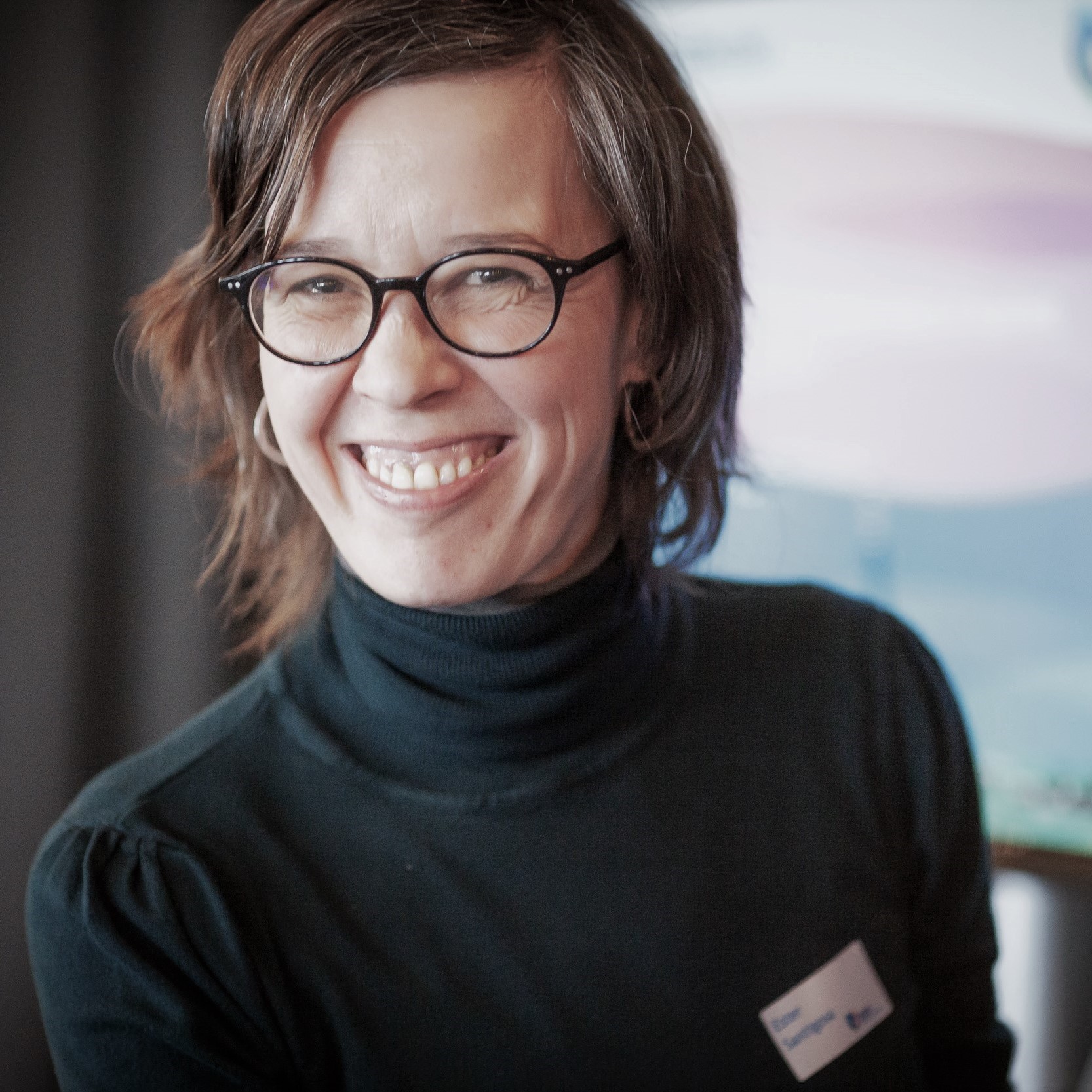
Ester Santigosa is currently leading the Aqua Innovation Group at DSM-firmenich. The team supports the development of new products and solutions for our industry, whilst further strengthening the scientific evidence for the existing products in the market. After obtaining her PhD in fish digestive physiology at the University of Barcelona, she spent two years as a post-doc researcher at Ifremer (France), working on omega-3 fish metabolism. Ester joined DSM as an aqua scientist in 2009 and has a strong focus on the creation of sustainable solutions for the future of aquaculture by extending the raw material basket — with former innovations such as Veramaris, or the current research on Smart Protein solutions — and by working on next-generation enzymes as well as on essential products such as vitamins to meet current and future needs.
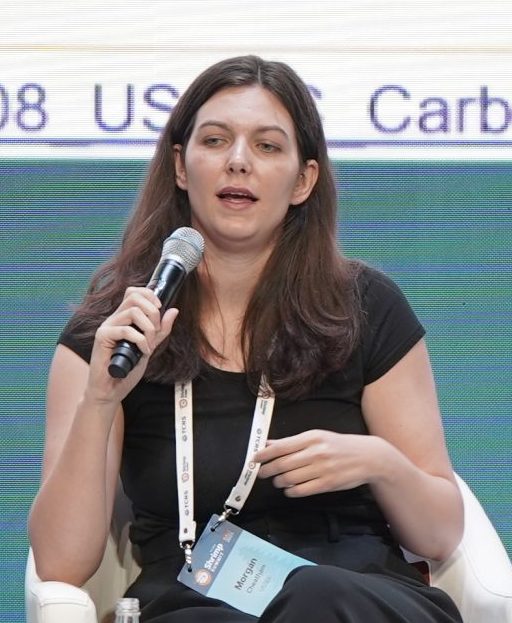
Dr. Cheatham manages terrestrial animal and aquaculture programming within USSEC’s Animal Utilization and Aquaculture Focus Area. She has nearly a decade of experience in the global aquaculture industry and holds advanced degrees in aquaculture production science and aquaculture economics from Auburn University and Mississippi State University. Prior to joining USSEC, Morgan was managing production, data systems, and research initiatives at commercial aquaculture farms in Sub-Saharan Africa and North America. She has experience working with many production systems including traditional and modified ponds, recirculating aquaculture systems, and open-water cages to produce a variety of aquatic species. Her interests are in aquaculture value-chain development in high-growth markets, promoting and supporting investment in aquaculture businesses globally, linking academic research to commercial application in aquaculture, and managing economic risk within aquaculture enterprises.
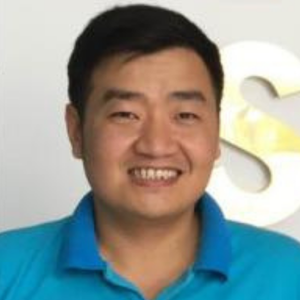
Dr. Loc Tran is a shrimp expert and entrepreneur with a Ph.D. in shrimp pathology and disease from the University of Arizona and an MBA in business finance from Andrews University. He founded ShrimpVet in 2013 as an independent research company that provides various services and products for the global shrimp sector. He is also the director of the Asian Pacific Aquaculture chapter of the World Aquaculture Society and another spin-off aquaculture business. He has worked with many organizations and institutions worldwide to foster sustainable aquaculture practices and innovations. He is a visionary leader and innovator who creates value for the industry and society.
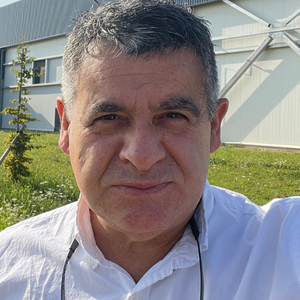
Sergio Nates is an accomplished international strategist with over 25 years of leadership in aquaculture, environmental sustainability, and global food and feed systems. He currently serves as Senior Director of Aquaculture at the World Wildlife Fund, where he spearheads global strategies to reduce the environmental impact of seafood production.
Sergio is also President & CEO of the Latino American Rendering Association and has held executive roles in both nonprofit and corporate sectors, including Houdek, Menon Renewable Products, and the Fats & Proteins Research Foundation.
His career is marked by successful fundraising, strategic planning, and international market development across more than 30 countries. With a Ph.D. in Environmental and Evolutionary Biology and postdoctoral work in biochemistry and conservation, Sergio combines scientific rigor with business acumen. He is a multilingual leader and frequent speaker at global forums, committed to advancing sustainable practices in agriculture and aquaculture worldwide.
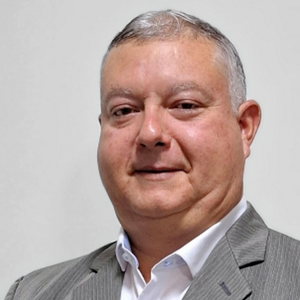
Marcelo Borba is Product Manager & Head of Aqua at Prosol S.r.l., a 50-year-old Italian biotech pioneer in yeast-derived precision nutrition for humans, pets, livestock, and now also for aquaculture. He leads Blue Transformation, presenting the multiple applications and results obtained from this pool of nucleic acids (RNA) and 5′ prime free-nucleotides to enhance gut health, immunity, antioxidant status, robustness, and growth and feed efficiency.
With 25 years of experience at MCR, Purina, Cargill, Phileo, Oceana Minerals, and in data-driven aquaculture management, Marcelo has gained an appreciation for the benefits of yeast and yeast derivatives for all aquaculture life stages from larvae to harvest. He co-founded NUPIABAS, the Pernambuco-Italian Center for Applied Biotechnology and Sustainable Aquaculture, bringing together universities, R&D centers, technology institutes, and industry leaders. Backed by Prosol, Marcelo is overseeing 16 global trials, including 12 on-farm field studies across Brazilian hatcheries, nurseries, and grow-out ponds, which are monitored through Shrimpl.com, an AI ecosystem combining satellite imagery, water telemetry, and bioeconomic analytics based on data to provide real-time pond-performance dashboards and supplier information.